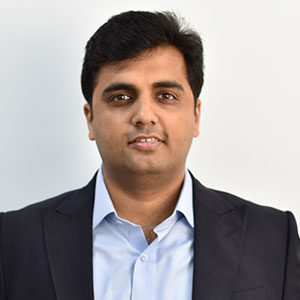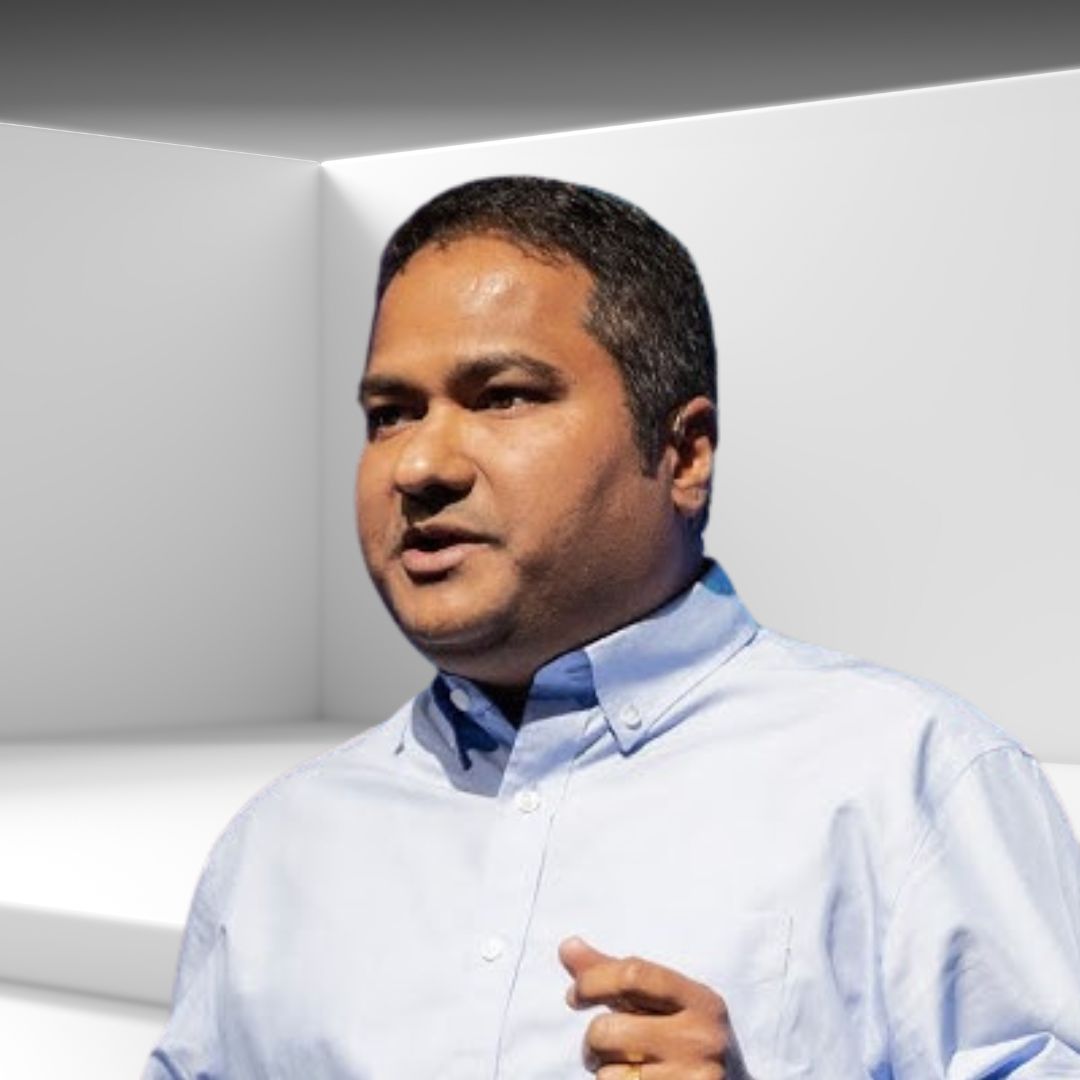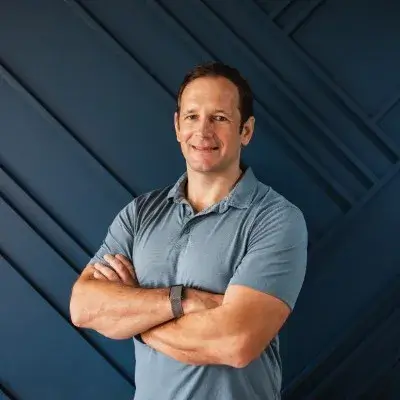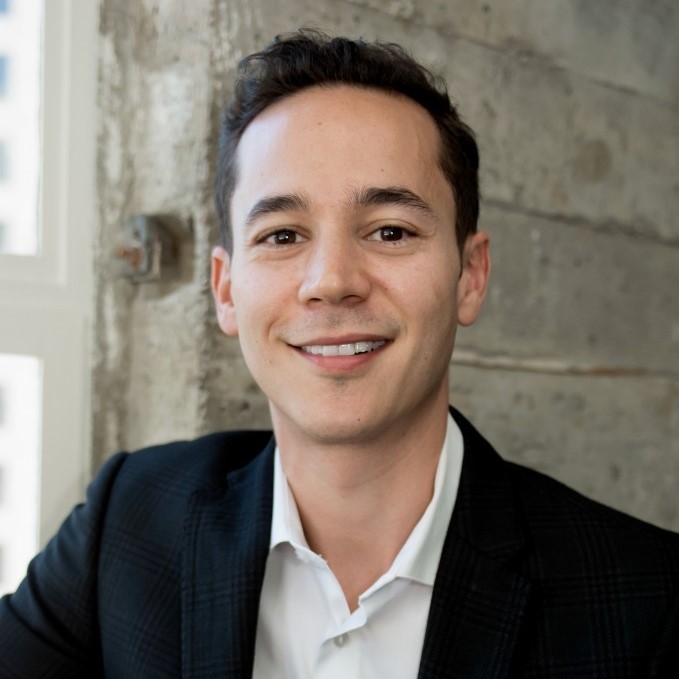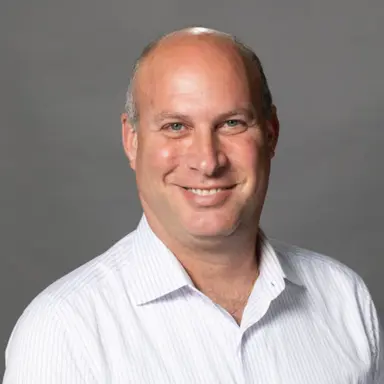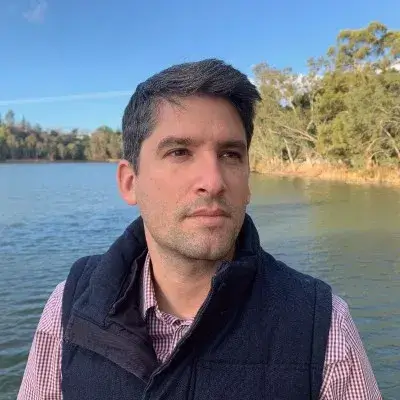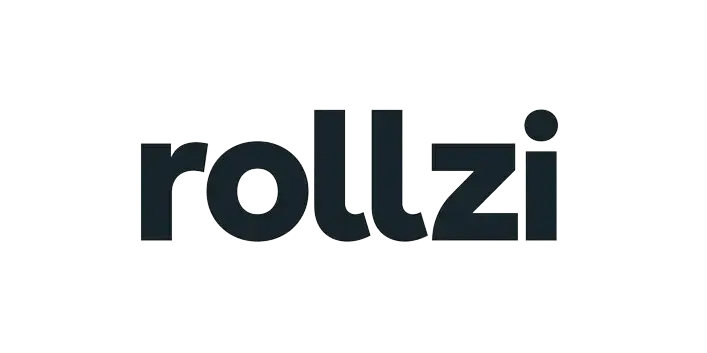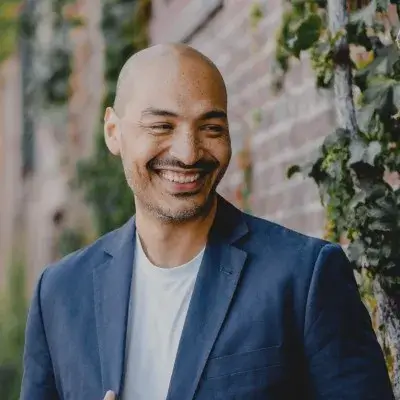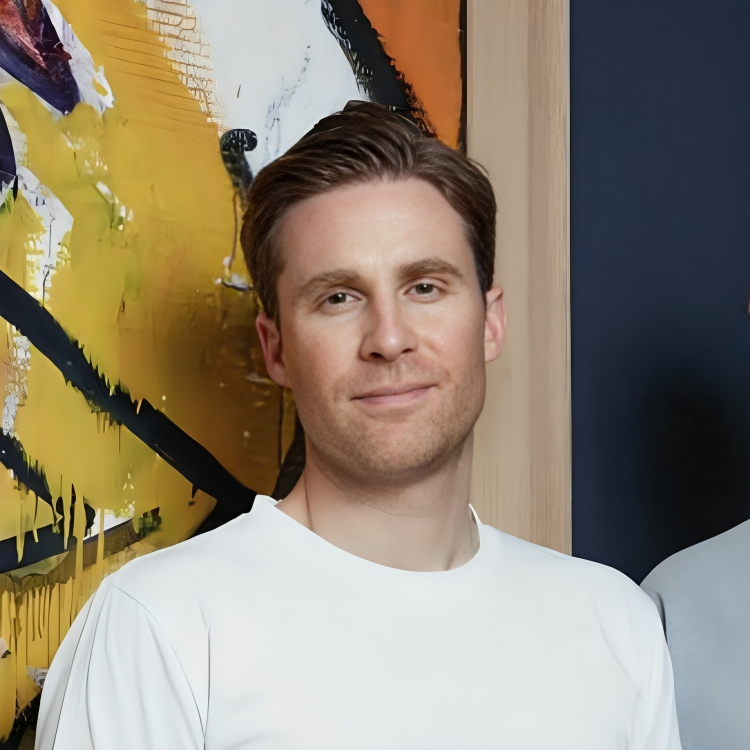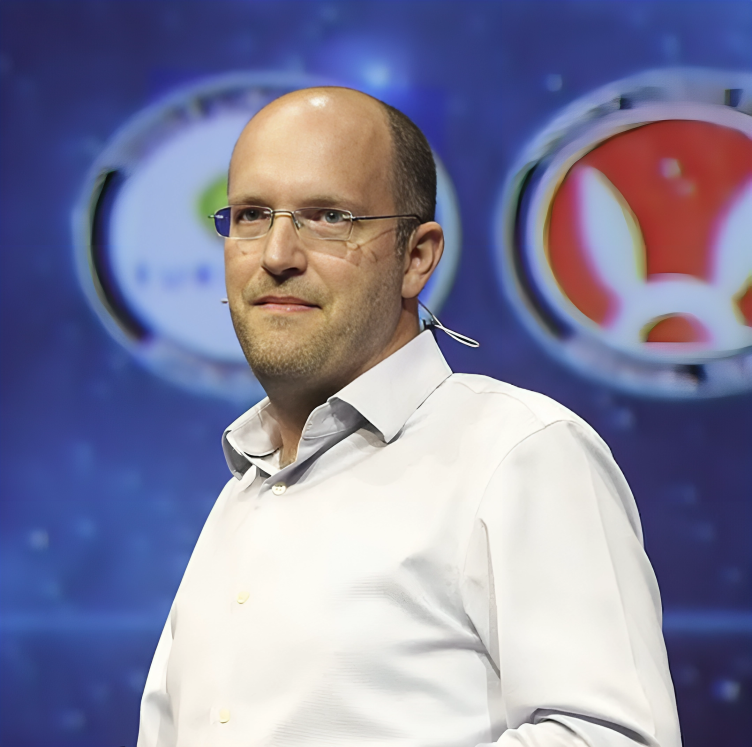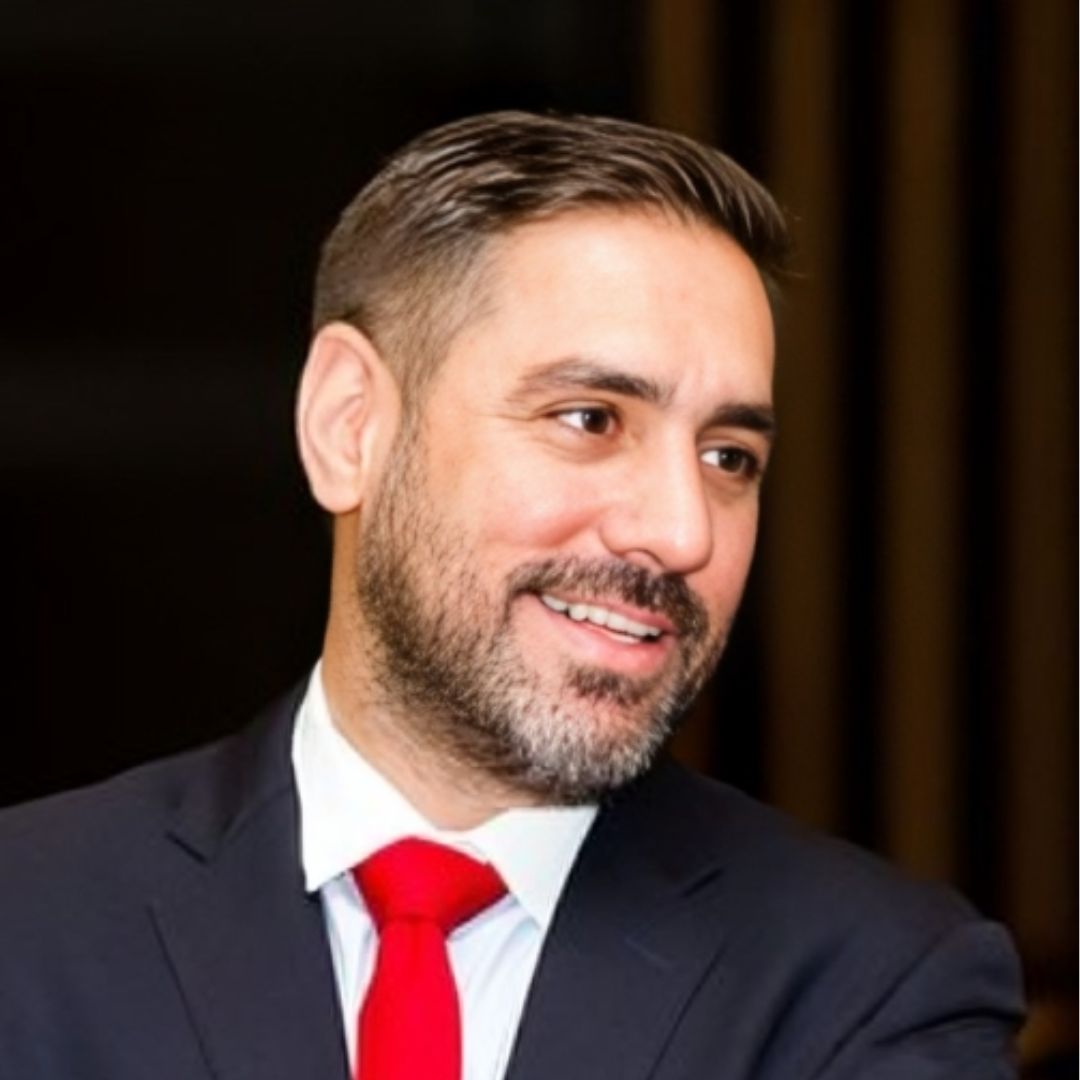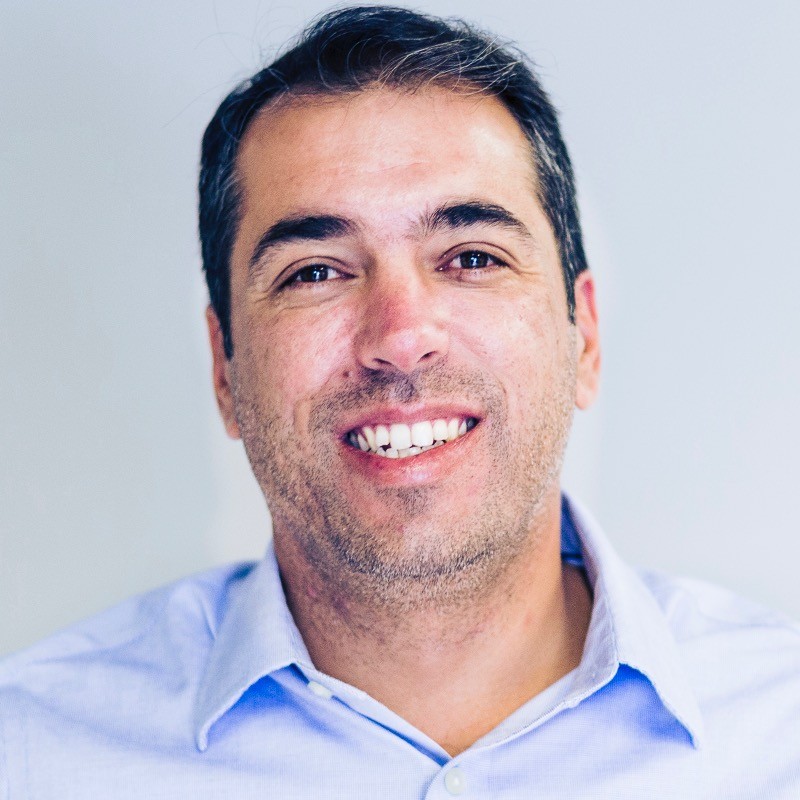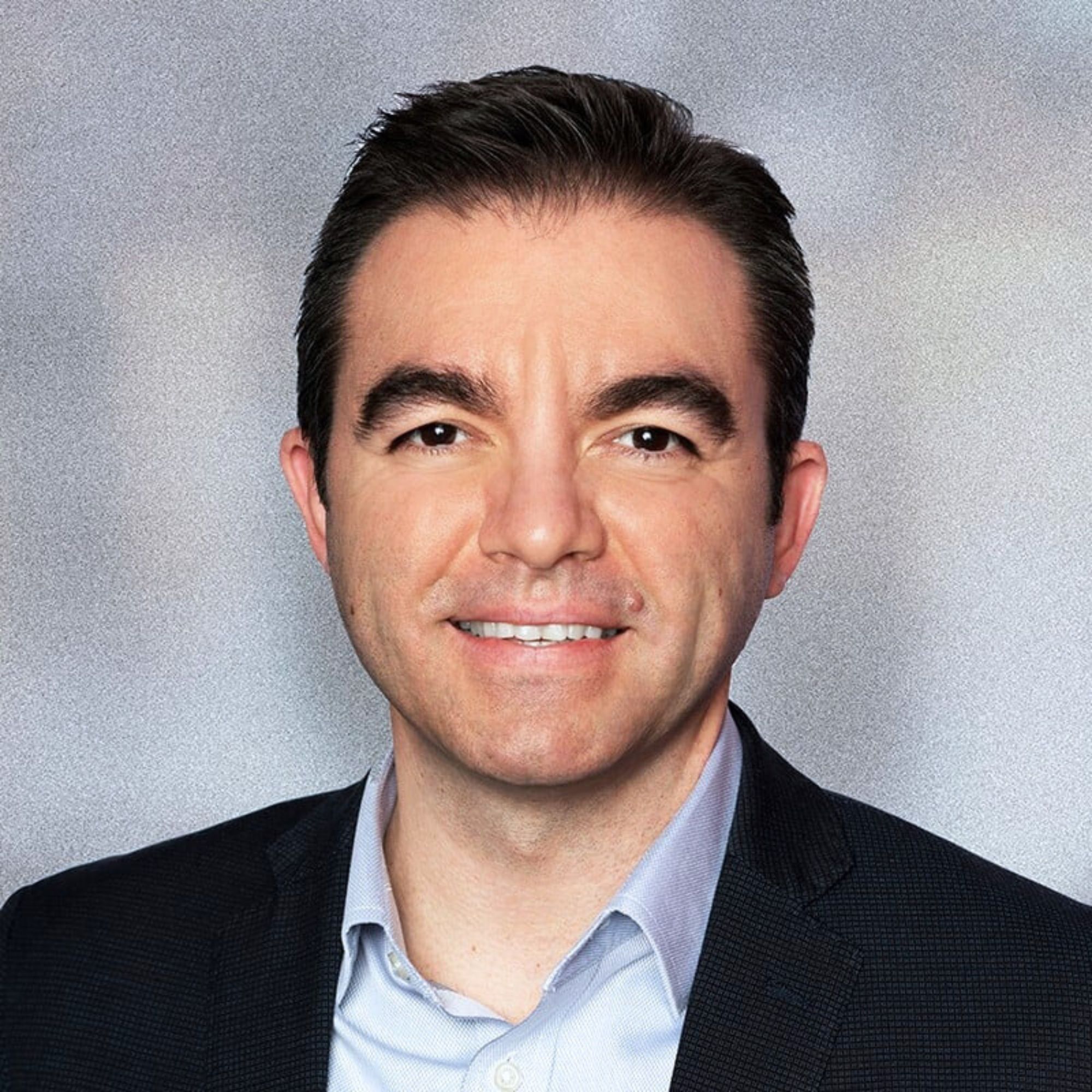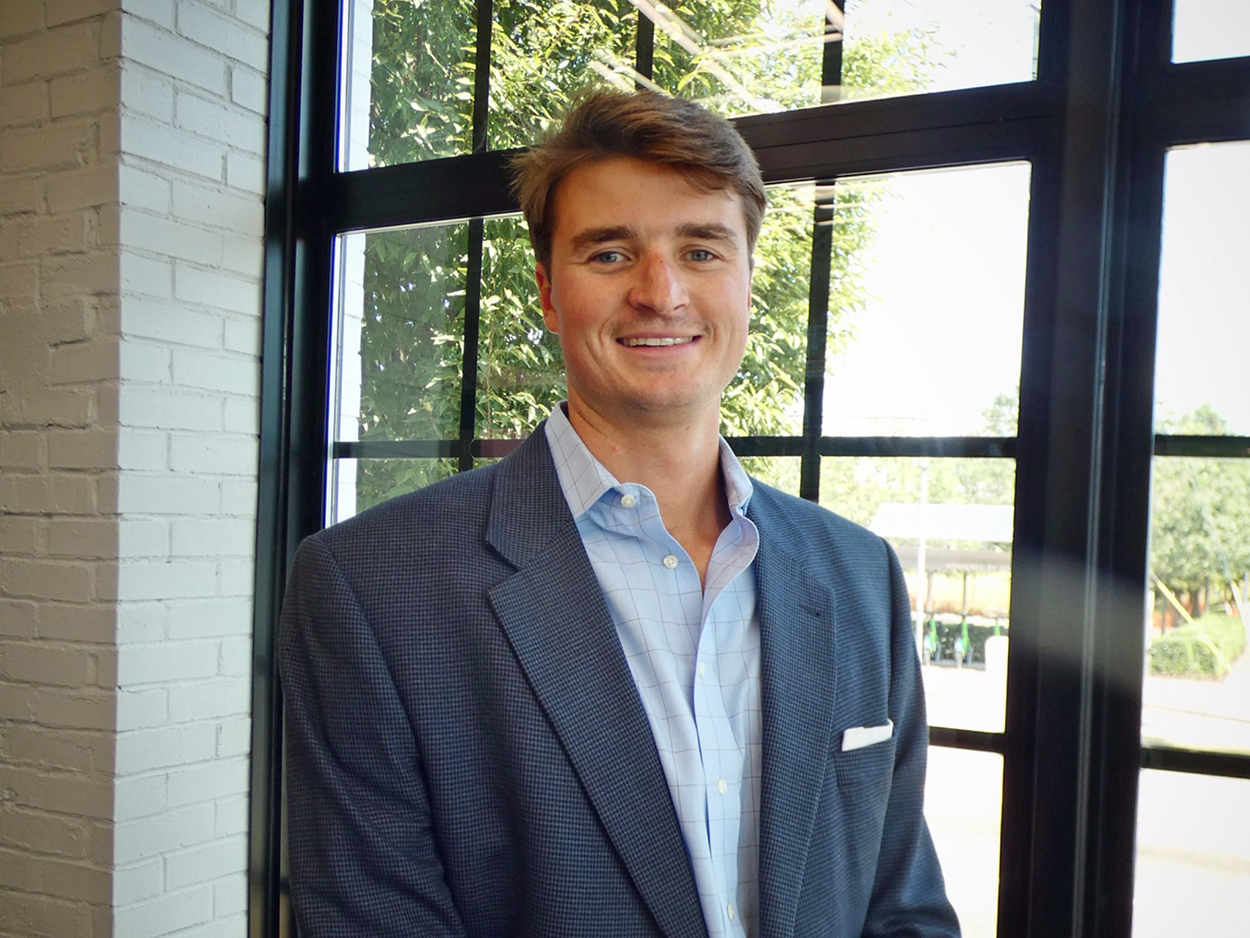Ready to launch your own podcast? Book a strategy call.
Frontlines.io | Where B2B Founders Talk GTM.
Strategic Communications Advisory For Visionary Founders
Conversation
Highlights
From Zero to Enterprise: How LogicSource Built a Tech-Enabled Services Company by Breaking the Traditional Consulting Model
When LogicSource launched in 2009, David Pennino had a bold thesis: the traditional consulting model for procurement was fundamentally broken. Having worked in the industry, he identified a critical flaw that would shape his company’s entire go-to-market strategy.
“Having been one, consultants have two fatal flaws as it pertains to buying things. One, they don’t buy anything, they don’t bring leverage, and two, they don’t do anything. So they tend to sell really expensive PowerPoint,” David explains. This insight led to LogicSource’s key differentiation – being a retained services business rather than a consulting firm.
Starting from scratch presented unique challenges. The company faced immediate resistance from established players, including a federal racketeering lawsuit from David’s former employer. Rather than deterring investors, this aggressive opposition actually strengthened their conviction. “Jeff’s attitude was, boy, if they’re trying this hard to stop this idea and this team, I must be on to something,” David recalls.
The early go-to-market strategy focused on execution over growth. “We got really good at making sure we could deliver it first, and we sold it kind of organically,” David shares. This approach helped land their first two enterprise clients – Michael’s Stores and GSK – who remain customers today.
A key strategic decision was maintaining unwavering focus despite temptations to expand. “We only do indirect procurement. We’ve only done it in US and Canada. We’ve stayed in consumer businesses, so consumer health, consumer retail, consumer packaged goods,” David explains. “When you start a business from scratch, you get a lot of shiny objects coming…hey, there’s an opportunity in France. Hey, there’s an opportunity in a different industry. And we’ve been very disciplined about that focus.”
This disciplined focus yielded impressive results. The services business has consistently grown 40-60% annually, even before making significant investments in sales and marketing. Notably, until 2023, the company operated with just one person handling all marketing efforts.
Perhaps most interesting for founders is LogicSource’s unconventional approach to ownership and accountability. Unlike many founders who maintain tight control, David created a structure where he could be fired from day one. “I think a lot of founders make the mistake of wanting to own a lot of a little. I wanted a little of a lot,” he explains. This philosophy extends throughout the organization: “I can’t fire my CFO. I can’t fire my head of customer operations. The team would have to agree with me. Not just my board, the team. We treat each other like partners.”
This partnership mentality has proven particularly valuable in enterprise sales, where LogicSource tackles a widespread problem: most large corporations lack visibility into their procurement processes. “It is stunning to me how many corporations, I’m talking 10-20 billion publicly traded don’t know what they buy, who they buy it from, who buys it, why they buy it, how much they pay for it, let alone is it contracted,” David notes.
The company’s next phase of growth focuses on healthcare, where they see urgent need. “Assuming there’s a lot of Americans listening, you should all be terrified about the condition of the US health system, especially non for profit. They can’t raise price the way everybody else can, and the only way they can cost is without a firm like us is staff, which means your services, means your oncology department, means your orthopedic department.”
For B2B tech founders, LogicSource’s journey offers valuable lessons: focus relentlessly on your core value proposition, prioritize execution over growth in the early days, and build an ownership structure that drives accountability at all levels. Most importantly, don’t be afraid to challenge established models when you identify fundamental flaws in how an industry operates.




